Episode 35. Charm: A Second Helping
SOCIAL SHARE
SUBSCRIPTION PLATFORM
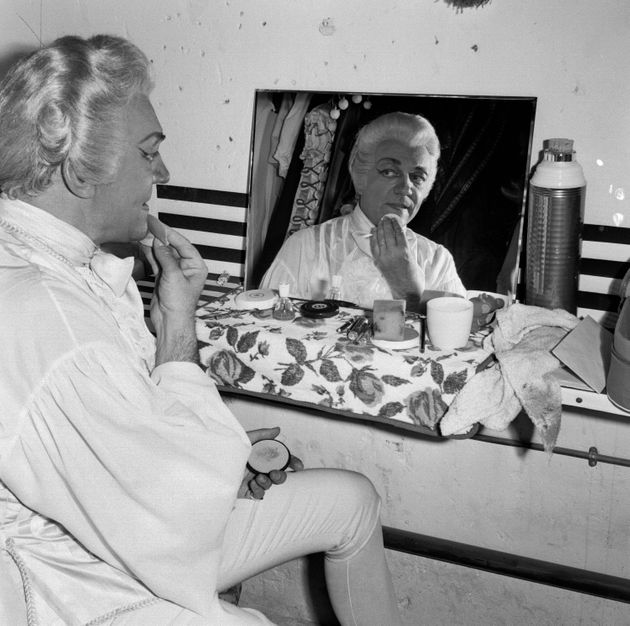
Last week we had such an overflowing of vocal, artistic, and personal charm that I was compelled to produce a second episode on the subject with a fresh batch of charmers. We begin the episode with a tribute to Gabriel Bacquier, the iconic French (bass-)baritone who died this past week just four days short of his 96th birthday. I feature him in three rare selections that represent him in repertoire which is a far cry from his operatic roles. I then resume the survey of charm as demonstrated by artists as varied as Conchita Supervia, Joséphine Baker, Hilde Güden, Ella Fitzgerald, Yvonne Printemps, John McCormack, Lois Marshall, Charles Trenet, Lucrezia Bori, Lily Pons, Hermann Prey, Dusolina Giannini, Tito Schipa, Richard Tauber, Julie Andrews, Julius Patzak, Maria Kurenko, Judith Blegen, Danny Kaye, Marta Eggerth, Elisabeth Schumann, Fritzi Massary, Maxine Sullivan, Magda Kalmár, Ella Logan, Dorothy Warenskjold, Aksel Schiøtz, Erich Kunz, and Lucia Popp. Repertoire ranges from operetta (including Franz Lehár in three different languages), folk song arrangements, musicals, art song, pop music, and children’s songs. Amazingly, opera is nowhere to be seen in this episode, but that will certainly change in the next week, when we take up consideration of Charm’s cousin, Glamour.
RECORDINGS HEARD IN THIS EPISODE

Marc Berthomieu, Daniel Schmitt: Parc Monceau (Jardins de Paris). Gabriel Bacquier, Marc Berthomieu and instrumental ensemble
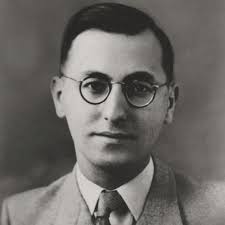
Marc Berthomieu 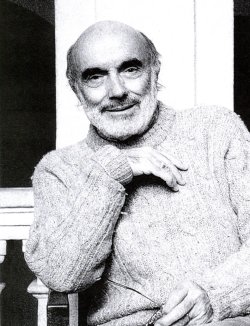
Daniel Schmitt
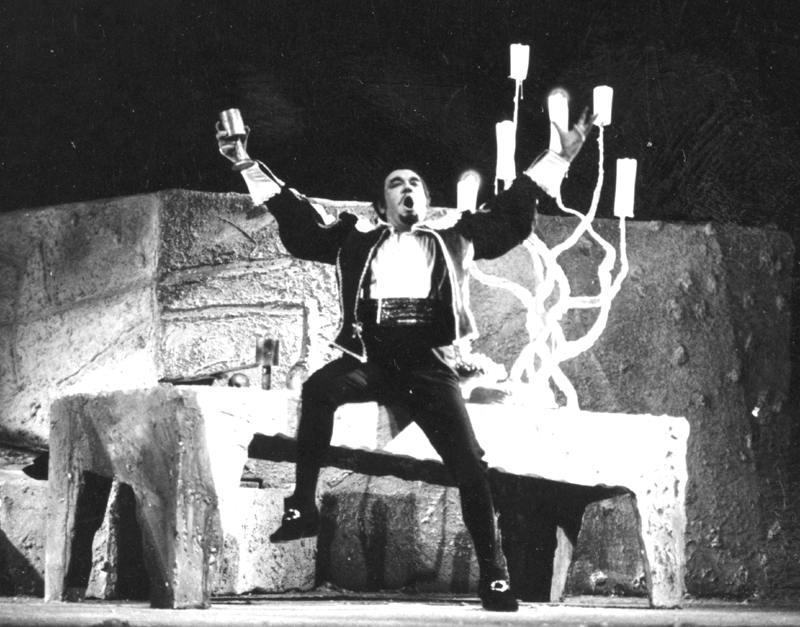
Maurice Ravel: Chanson épique (Don Quichotte à Dulcinée). Gabriel Bacquier, Jean Laforge
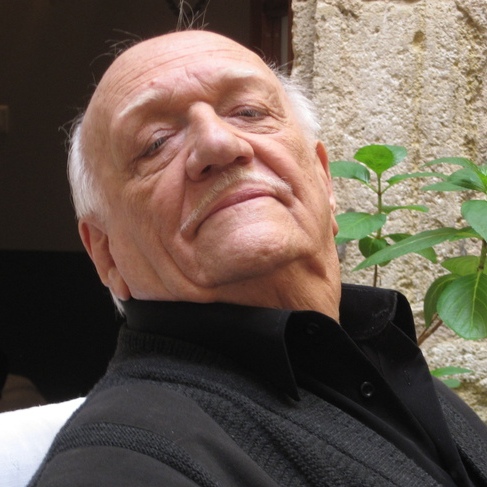
Franz Lehár: C’est la valse, écoutez [O kommet doch, o kommt, ihr Ballsirenen] (Die lustige Witwe). Gabriel Bacquier, Colette Riedinger; Richard Blareau, conductor
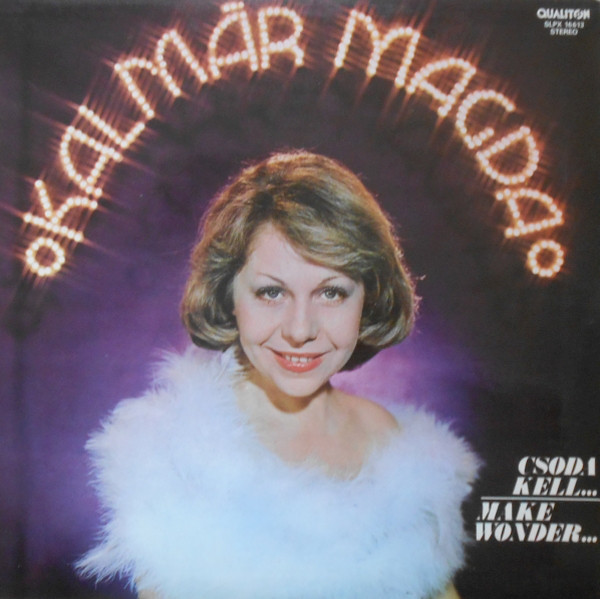
Franz Lehár: Szép álom szállj a szívemre [Liebe, du Himmel auf Erden] (Paganini). Magda Kalmár; János Bródy, Hungarian Radio Symphony Orchestra
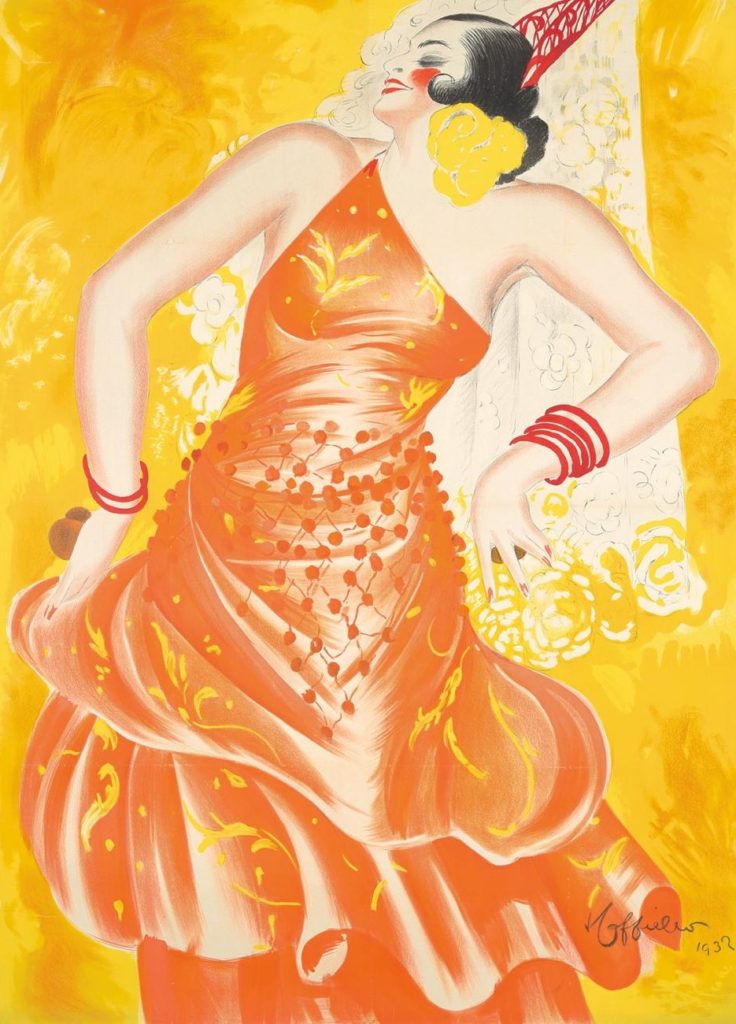
Franz Lehár: Ce que c’est l’amour [Fragst mich, was Liebe ist?] (Frasquita). Conchita Supervia; Paul Bastide, Orchestre de l’Opéra-Comique
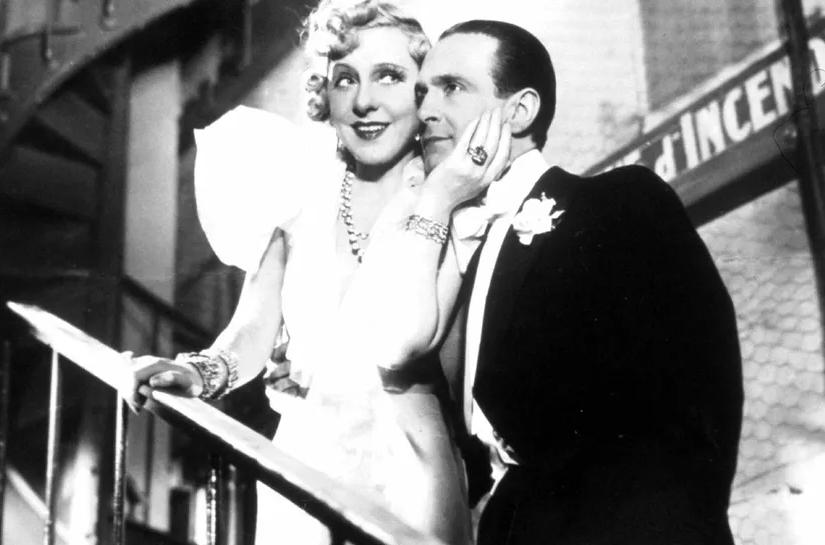
Oscar Straus: Je t’aime quand même (Les Trois Valses). Yvonne Printemps; Marcel Cariven

Charles Trenet: Boum! Charles Trenet
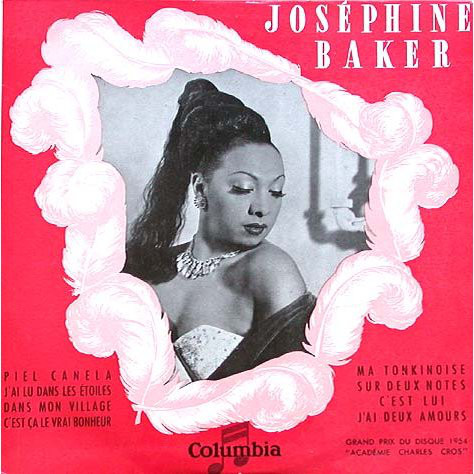
Orlando de la Rosa, José Carbo y Menendez, Babby Callazo Henri Lemarchand: C’est ça le vrai bonheur. Joséphine Baker
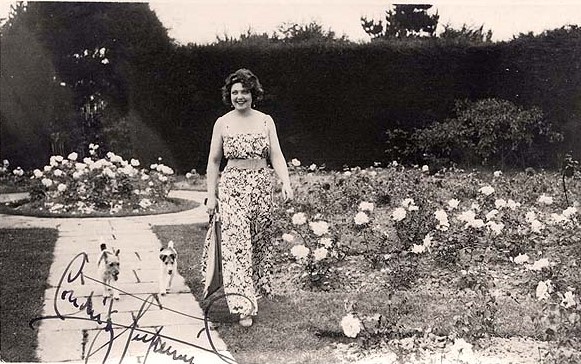
Vicente Moro, Tomás de Aquino, L. Muñoz Arenillas: Sentir gitano. Conchita Supervia; Pedro Vallribera, piano
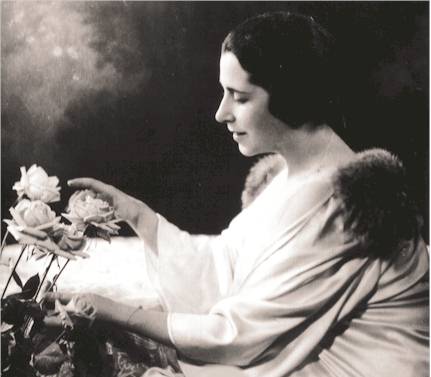
Enrique Granados: El majo discreto. Lucrezia Bori
Eduardo di Capua: O sole mio. Dusolina Giannini; George Byng
Julian Huarte, Tito Schipa: Cubanita. Tito Schipa
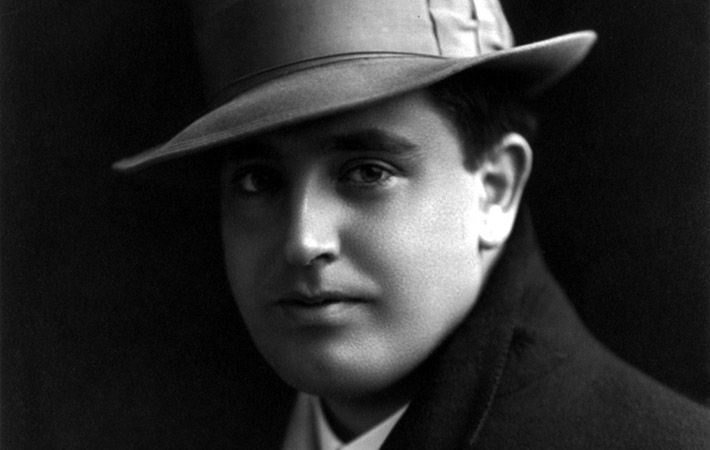
Charles Marshall, Harold Lake: I Hear You Calling Me. John McCormack; Edwin Schneider, piano
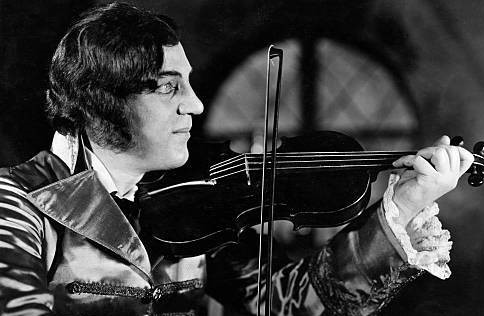
Emmerich Kálmán: Grüß mir mein Wien (Gräfin Mariza). Richard Tauber; Frieder Weissmann
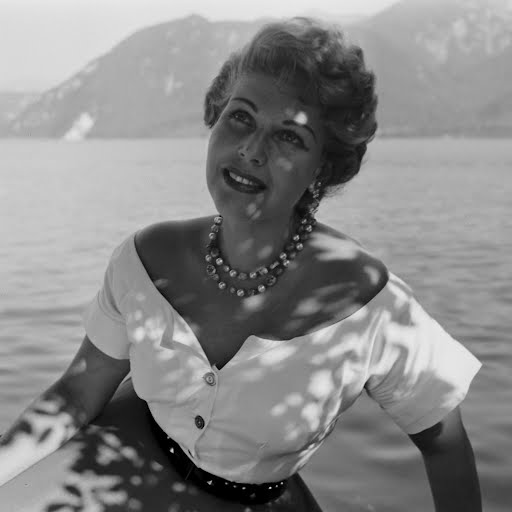
Robert Stolz: Du sollst der Kaiser meiner Seele sein (Der Favorit). Hilde Güden, Hans May, The New Promenade Orchestra
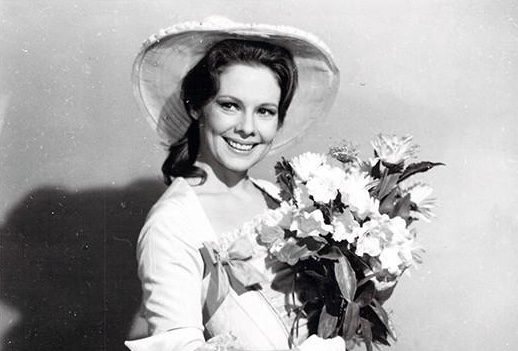
Johann Strauss II: O schöner Mai (Prinz Methusalem). Judith Blegen, Anton Paulik, Wiener Symphoniker
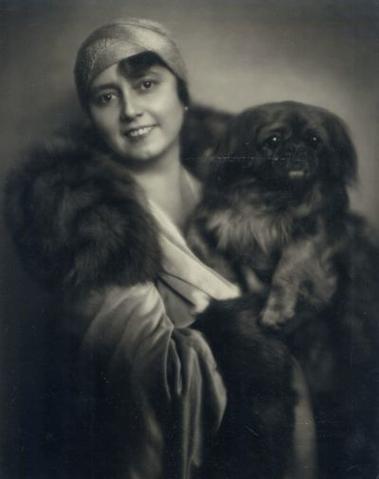
Carl Zeller: Wie mein Ahn’l zwanzig Jahr (Der Vogelhändler). Elisabeth Schumann, Karl Alwin, Wiener Staatsopernorchester
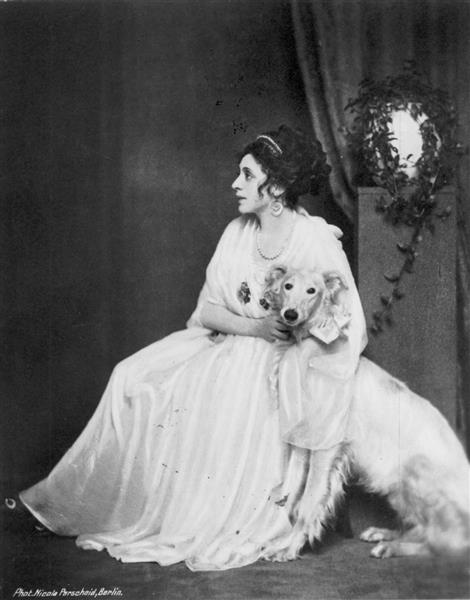
Emmerich Kálmán: Der Frauen Reize (Die Faschingsfee). Fritzi Massary; Bruno Seidler-Winkler
Franz Lehár: Es gibt noch Märchen auf dieser Welt (Es war einmal ein Walzer). Marta Eggerth; Otto Dobrindt
Jimmy McHugh, Harold Adamson: I Hit a New High (Hitting a New High). Lily Pons
Arthur Sullivan, W.S. Gilbert: The Moon and I (The Mikado). Danny Kaye; Johnny Green. This article features an interesting discussion of Danny Kaye’s queerness.
Traditional Scottish: Loch Lomond. Maxine Sullivan; Claude Thornhill and His Orchestra
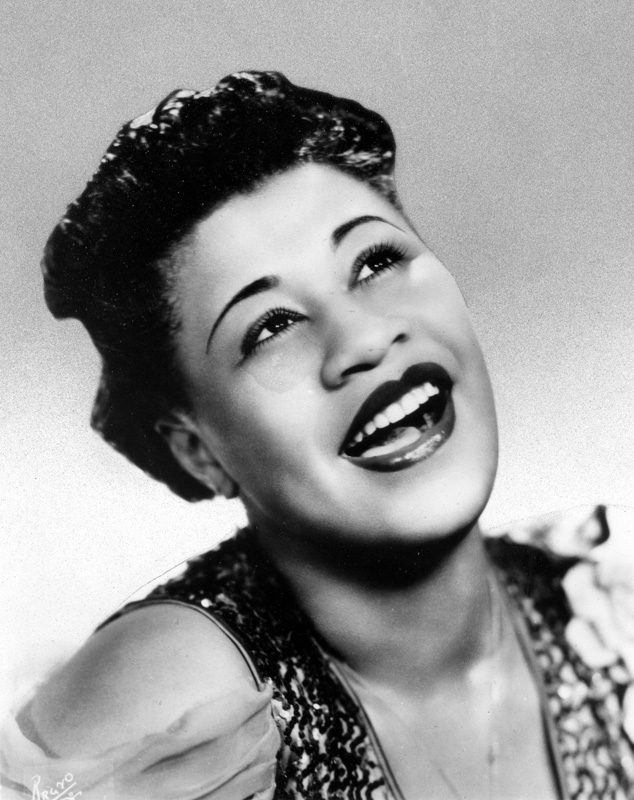
Traditional Nursery Rhyme, arr. Van Alexander and Ella Fitzgerald: A Tisket, a Tasket. Ella Fitzgerald; Lou Levy, Jim Hall, Wilfred Middlebrooks, Gus Johnson. [recorded live, May 1961]
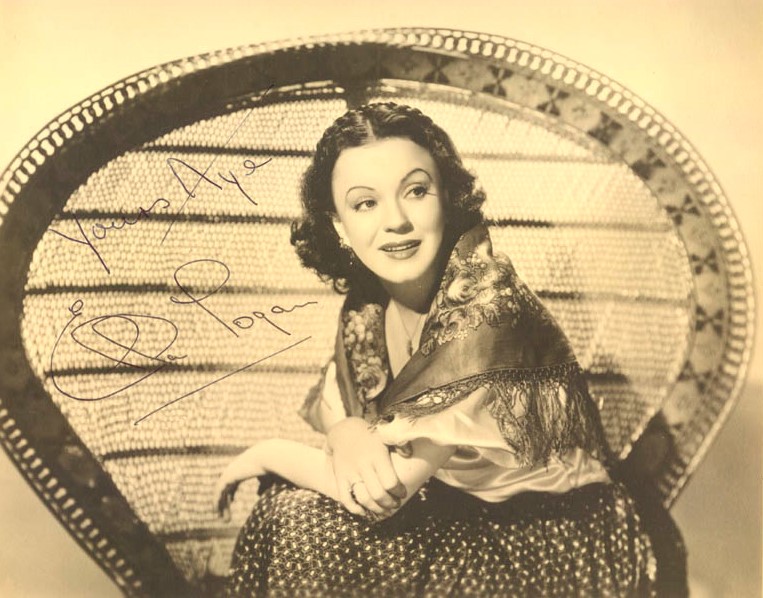
Burton Lane, Yip Harburg: Something Sort of Grandish (Finian’s Rainbow). Ella Logan; George Creeley
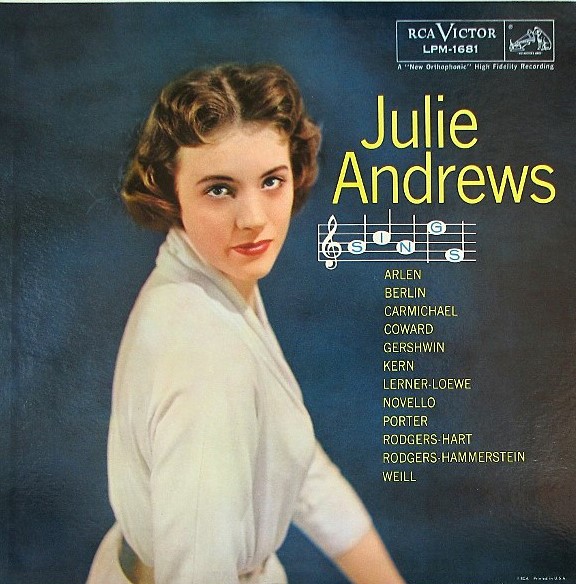
Frederick Loewe, Alan Jay Lerner: Come to Me, Bend to Me (Brigadoon). Julie Andrews; Irwin Kostal and His Orchestra
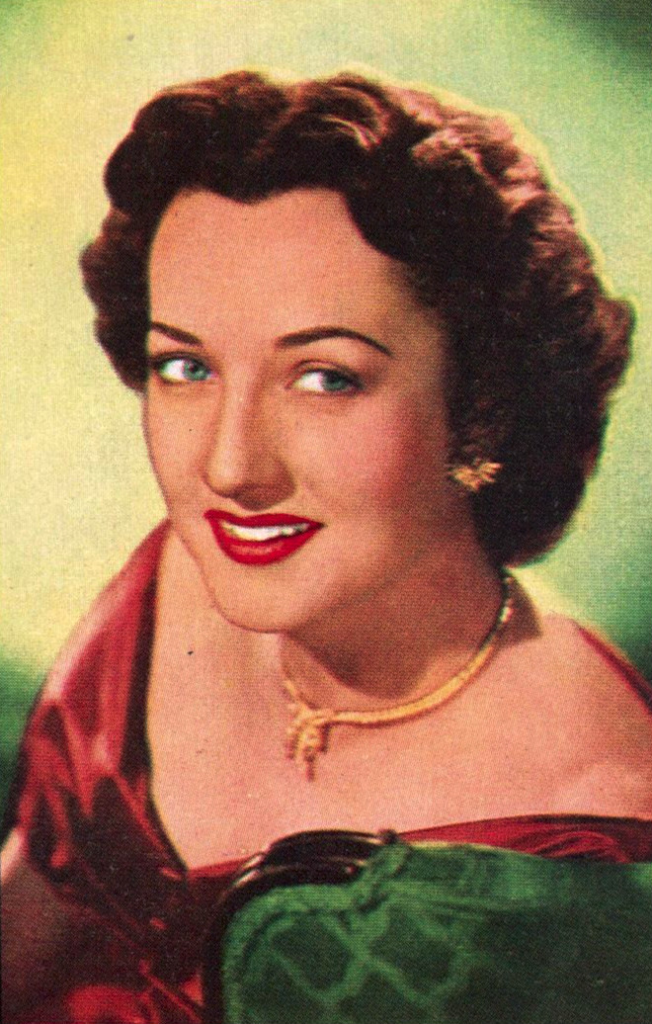
Frederick John Easthope Martin: Come to the Fair. Dorothy Warenskjold; Howard Barlow, Firestone Orchestra and Chorus [Voice of Firestone live radio broadcast, 11 June 1951]
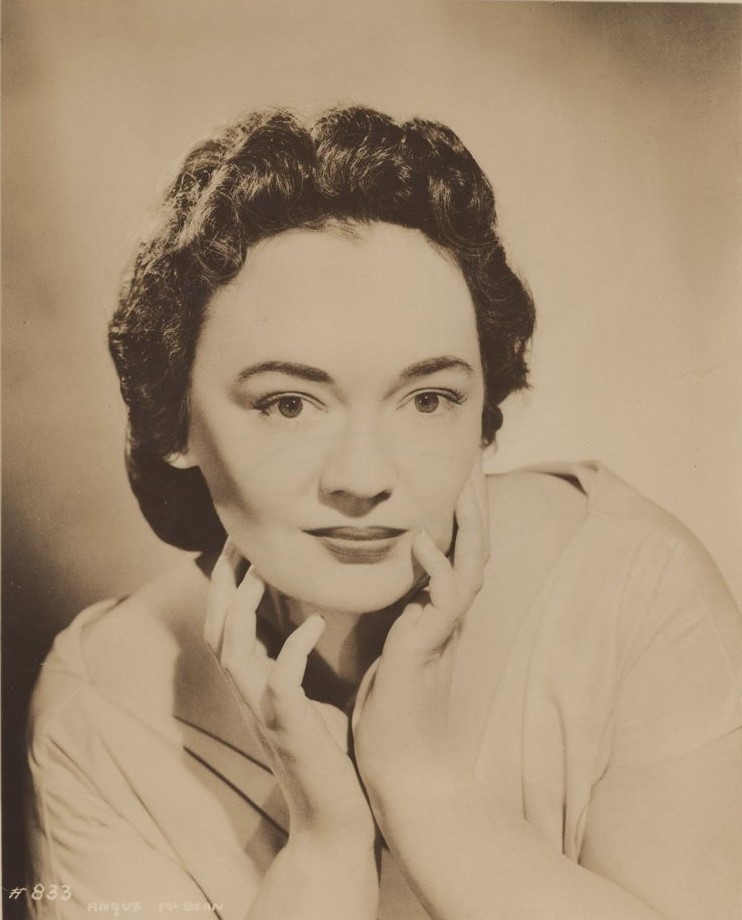
Traditional American, arr. Aaron Copland: I Bought Me a Cat. Lois Marshall; Weldon Kilburn
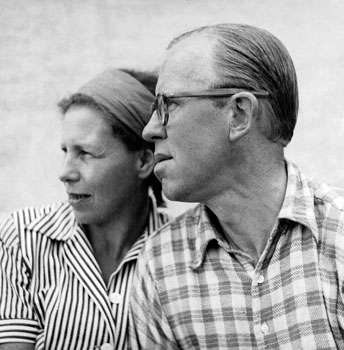
Carl Nielsen: Den milde dag [The gentle day] (Fynsk Forår) [Springime in Funen]. Aksel Schiøtz, Svend Christian Felumb, Copenhagen Philharmonic
Traditional German Folk Song: Treue Liebe. Erich Kunz; Anton Paulik, Wiener Volksopernorchester
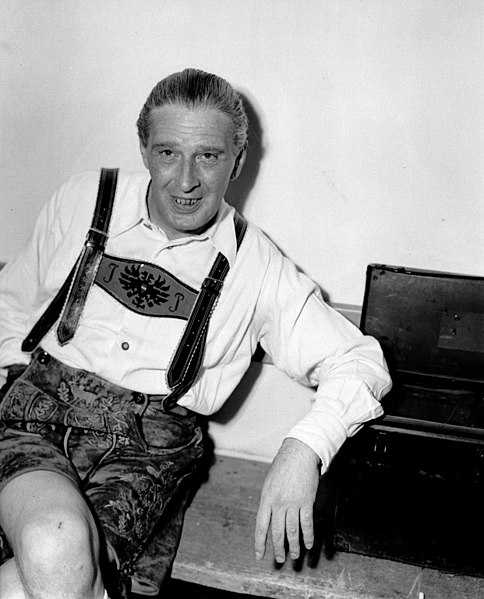
Robert Stolz: Im Prater blüh’n wieder die Bäume. Julius Patzak; Dietrich Schrammel-Quartett
Traditional Irish, arr. Thomas Moore: The Last Rose of Summer. Maria Kurenko
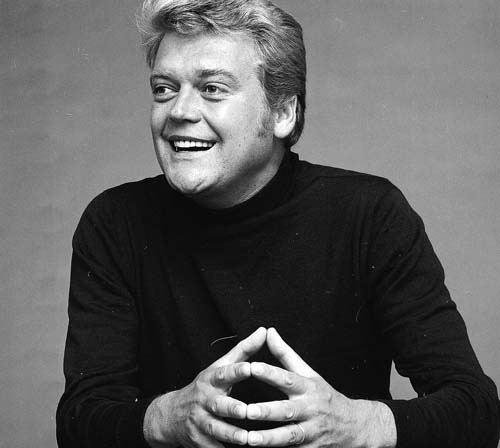
Traditional German, text by Wilhelm Hey, arr. Fried Walter: Weißt Du, wieviel Sternlein stehen? Hermann Prey; Fried Walter
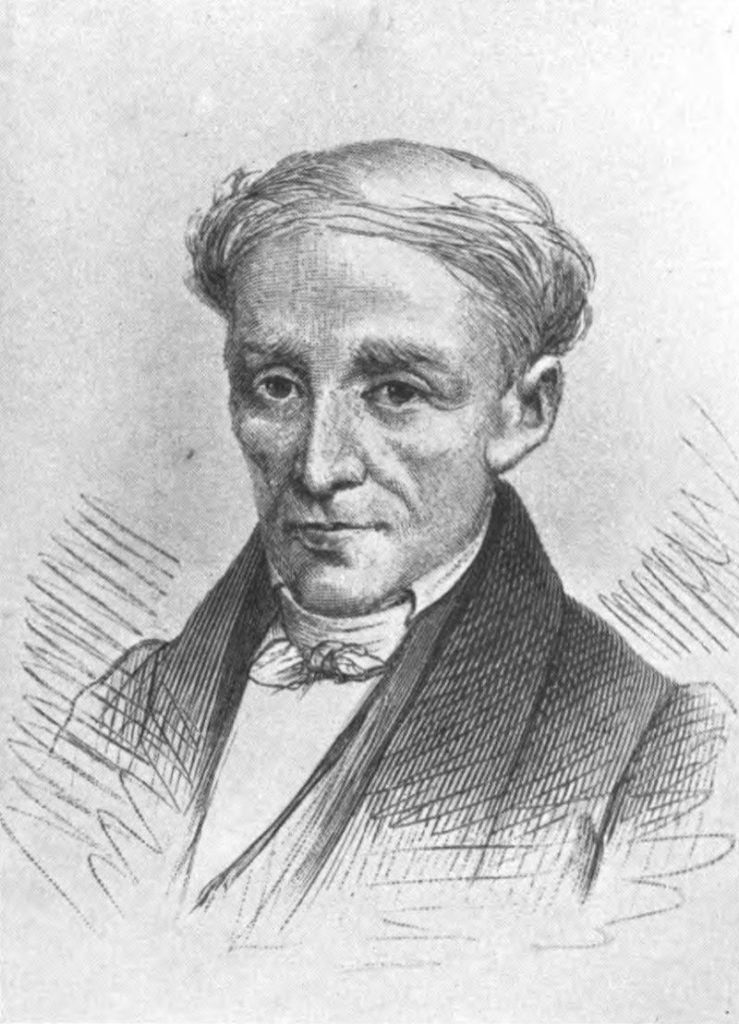
Traditional German, text by Luise Hensel, arr. Reinhard Seifried: Müde bin ich, geh’ zur Ruh. Lucia Popp; Reinhard Seifried & Instrumental Ensemble
Here is the link to the very interesting article by scholar Margaret Loewen Reimer on the German children’s evening hymn “Müde bin ich, geh’ zur Ruh,” including the provenance of the tune and the words by Luise Hensel (1798-1876), whose brother was married to Fanny Mendelssohn.
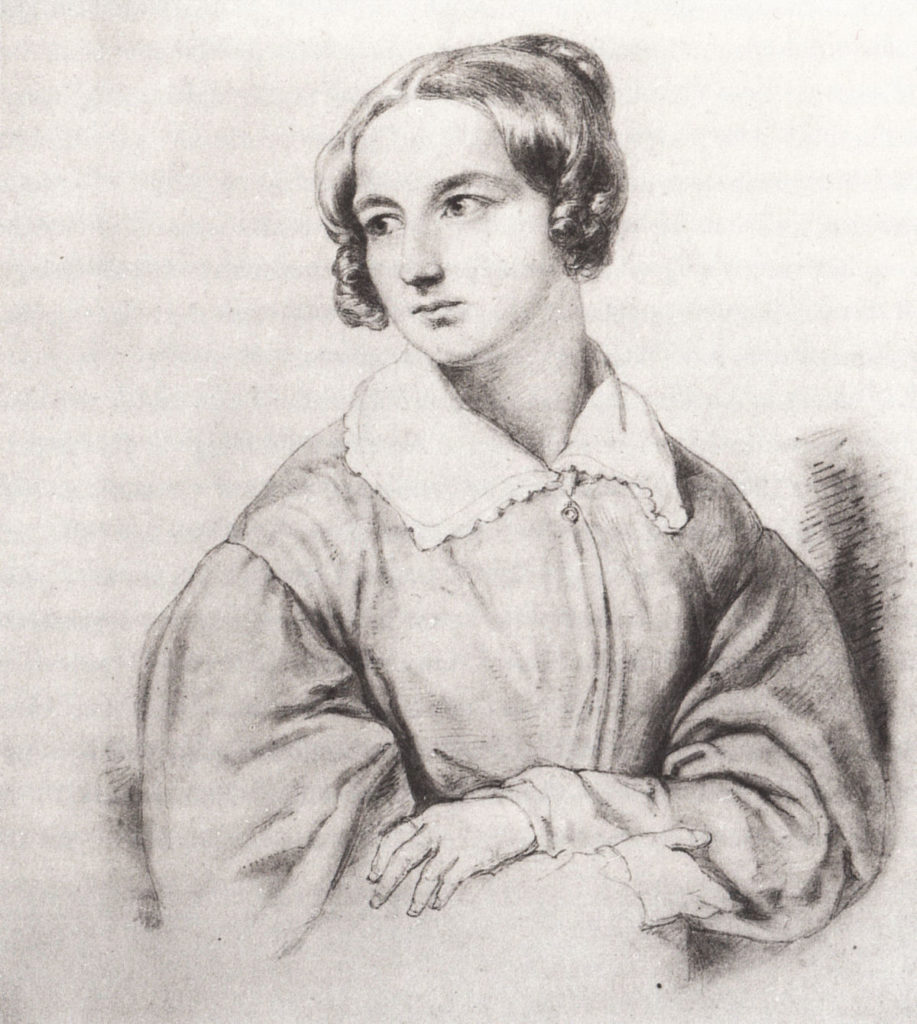

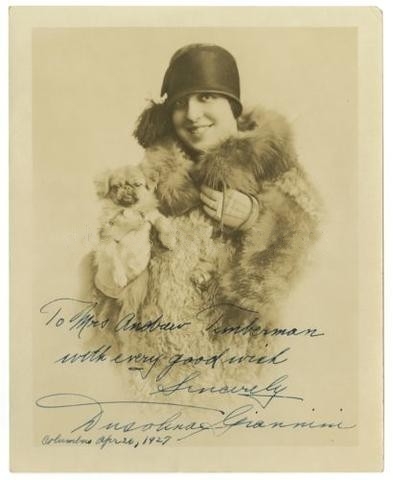
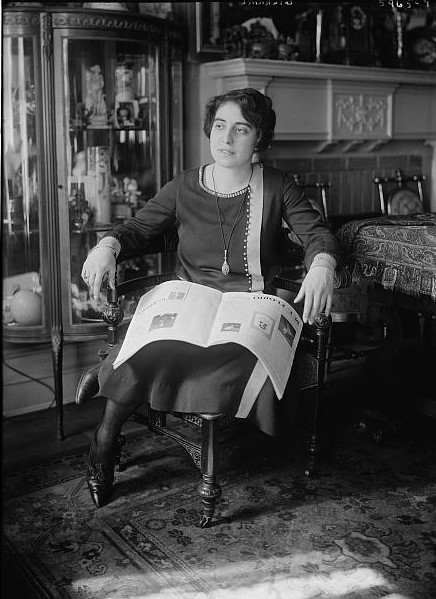
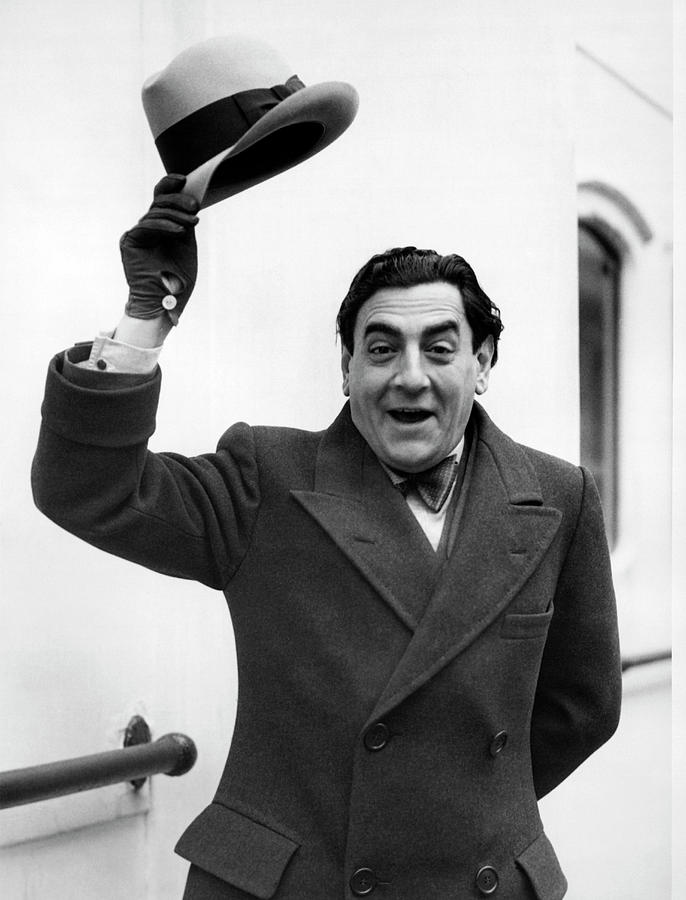
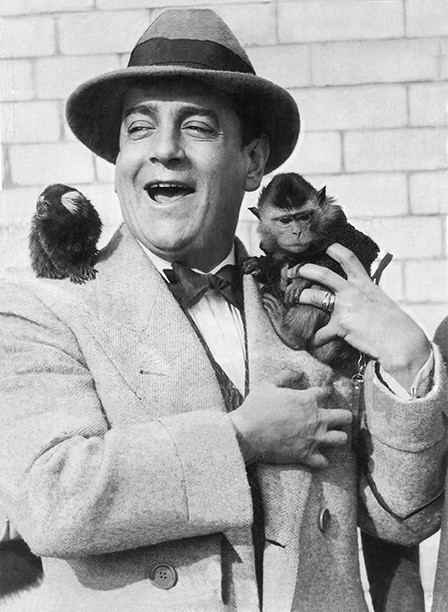
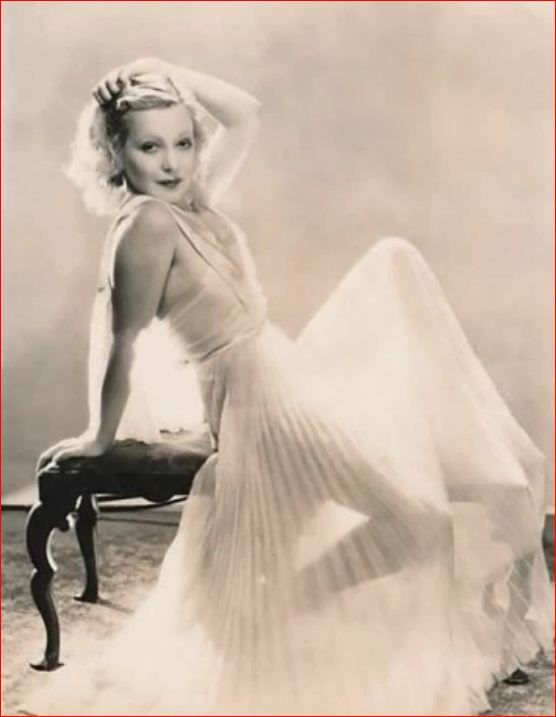
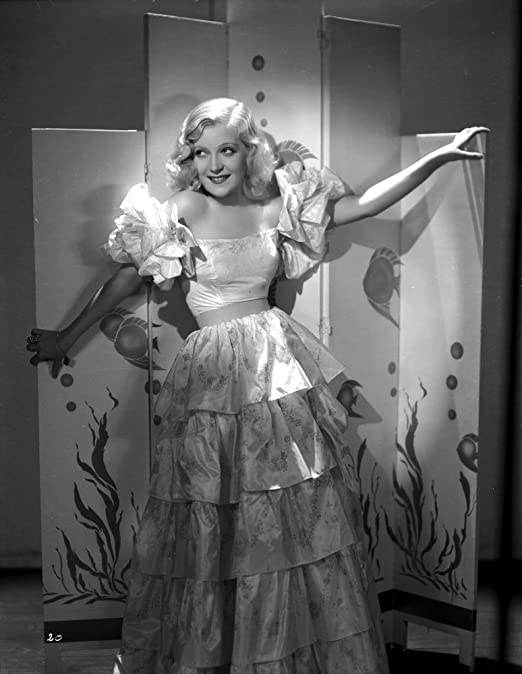
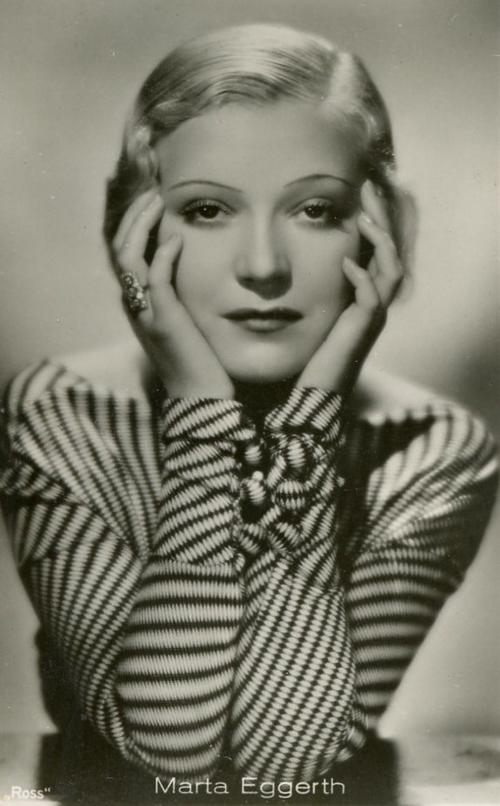
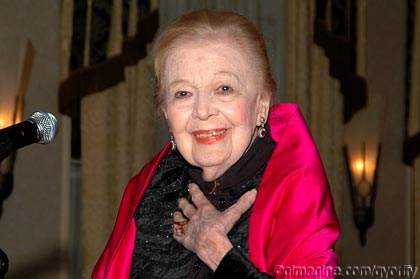
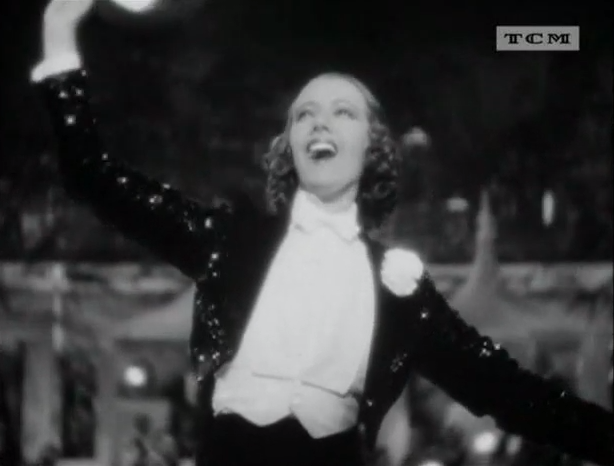
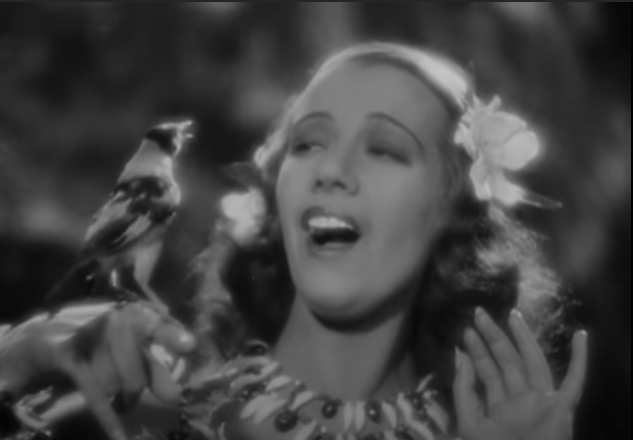
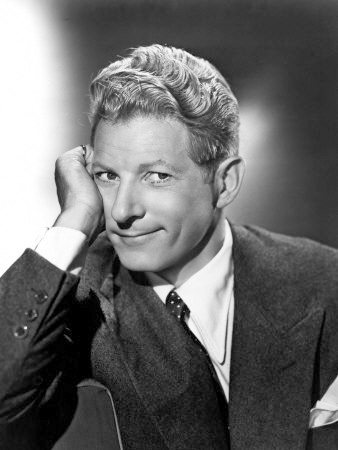
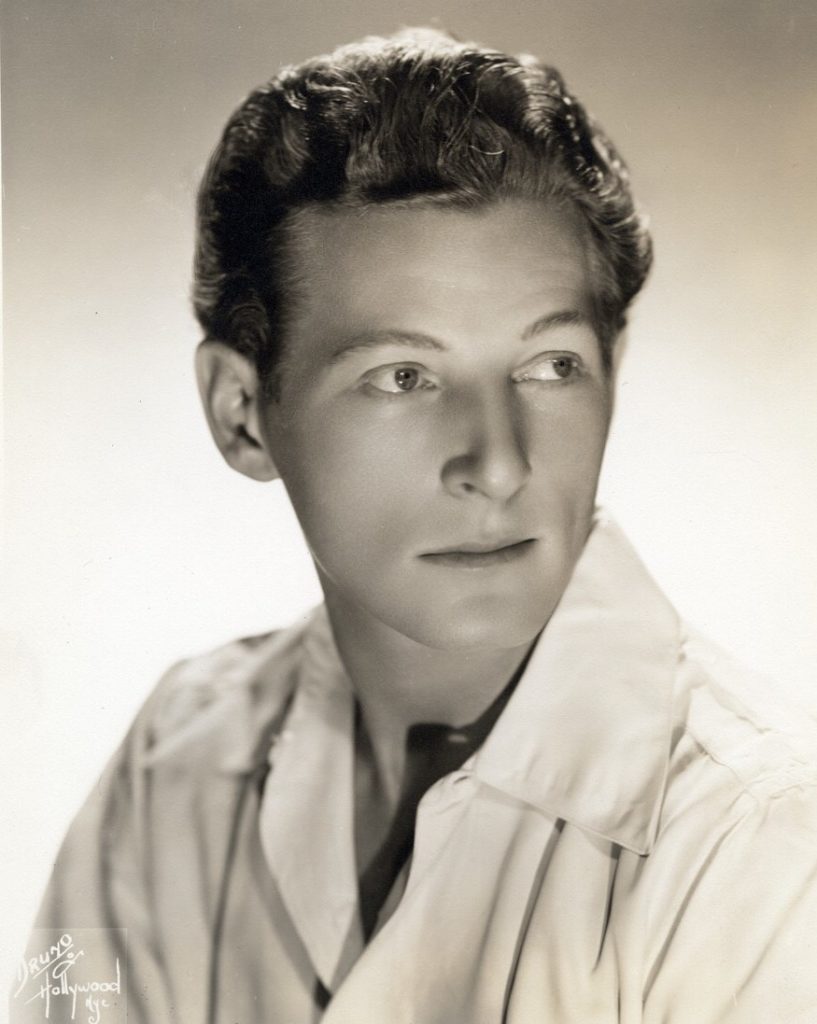
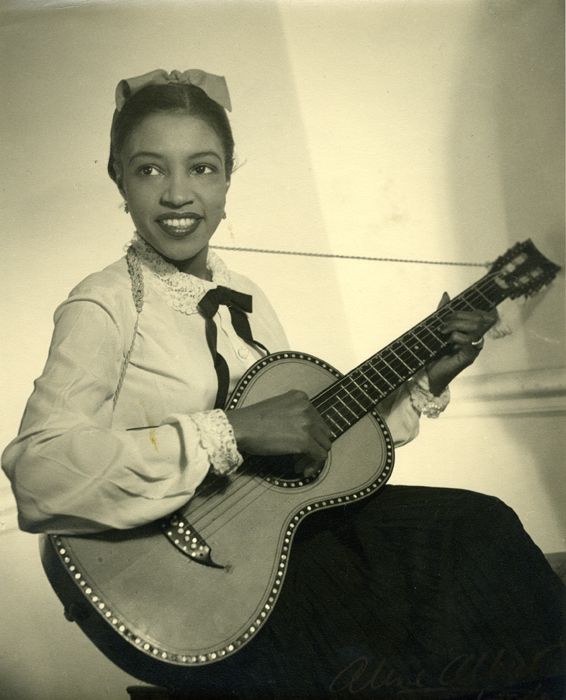
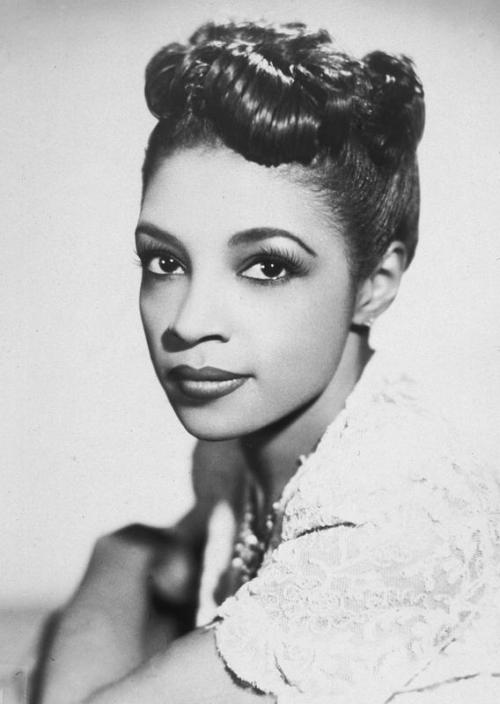
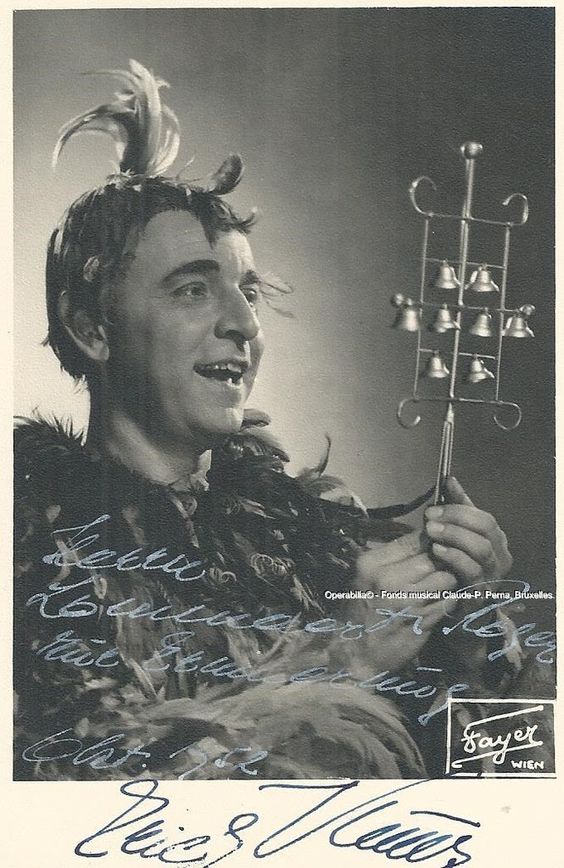
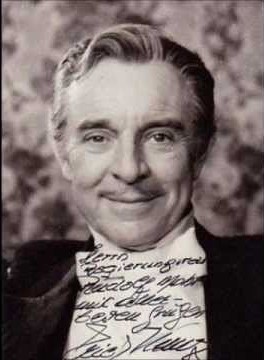
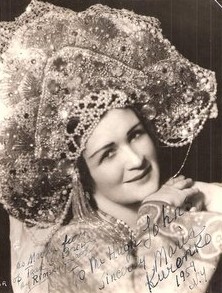
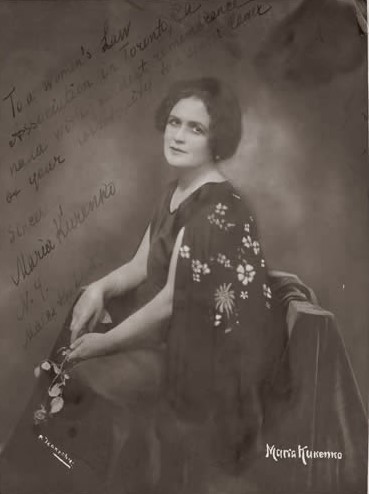
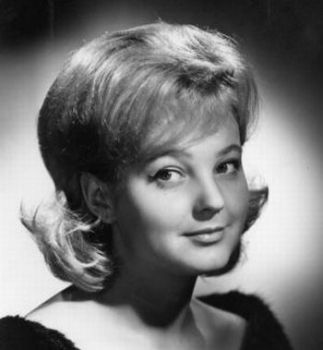
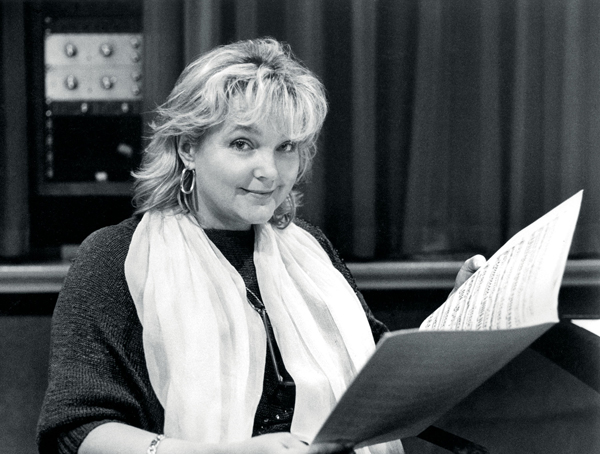
Daniel!! THANK YOU!!
Oh, that was so beautiful, Daniel! Those German songs are in my background. In fact, whenever I was visiting my Tante Nina and her two little boys, when they all still loved me as much as I loved them, we would sing the latter song to the boys every night before bed. I love it so! The second verse was omitted from your recording, but it says:
Hab’ ich Unrecht heut’ getan,
Siehe es, lieber Gott, nicht an.
Deine Gnad und Christi Blut
Machen allen Schaden gut.
Oh, how I wish I could be so certain that, on some level, all our Schaden will somehow be made gut!!
Love,
Me
Dear Kristina, because I wanted to include as many examples of charming singing as I could, I made slight cuts to nearly every recording I used. Popp did sing that middle verse; I just omitted it for the sake of time (and because the theology of it made me a tiny bit uncomfortable!) Glamour is on its way; I will be posting later today!